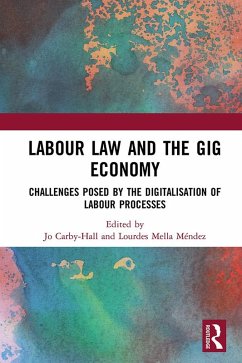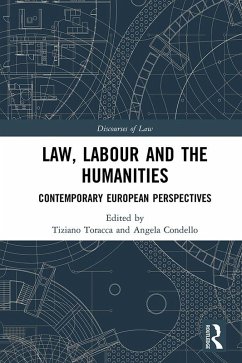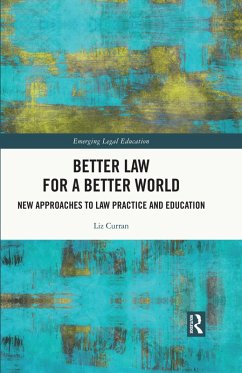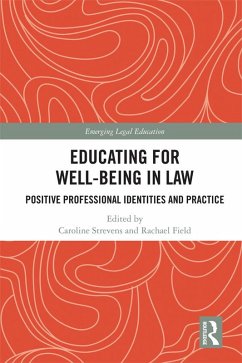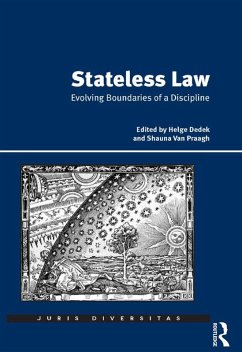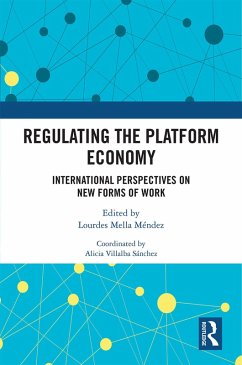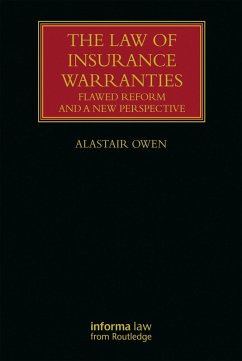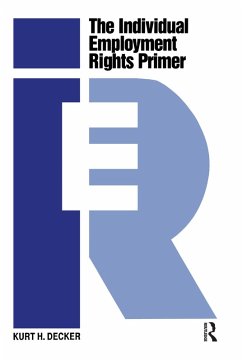
Labour Law and the Gig Economy (eBook, PDF)
Challenges posed by the digitalisation of labour processes
Redaktion: Carby-Hall, Jo; Mella Méndez, Lourdes
Versandkostenfrei!
Sofort per Download lieferbar
41,95 €
inkl. MwSt.
Weitere Ausgaben:

PAYBACK Punkte
21 °P sammeln!
This international book analyses the impact of digitisation in labour markets, on labour relationships and also on labour processes.The rapid progress of modern disruptive technologies and AIs and their multiple applications to each phase of the labour production system, are changing the production rules on a global scale with significant impacts in every aspect of work. As new technologies transform work patterns and change the type of jobs available - destroying some while creating others - and even the nature of the tasks performed, numerous legal problems arise which are challenging to leg...
This international book analyses the impact of digitisation in labour markets, on labour relationships and also on labour processes.
The rapid progress of modern disruptive technologies and AIs and their multiple applications to each phase of the labour production system, are changing the production rules on a global scale with significant impacts in every aspect of work. As new technologies transform work patterns and change the type of jobs available - destroying some while creating others - and even the nature of the tasks performed, numerous legal problems arise which are challenging to legislators and legal scholars who need to find appropriate solutions to them. Considering the labour law issues which have been created by technological developments and currently affect the work of millions worldwide, this book highlights the full scope of these issues, suggesting solutions to emerging problems and ways to mitigate the risks brought about through technological advancement.
Approaching the present debate with perspectives on legal problems with expertise from a wide range of different countries, this book presents informed and scholarly studies which answer the challenges that new technologies present in labour markets, private lives and labour processes.
The rapid progress of modern disruptive technologies and AIs and their multiple applications to each phase of the labour production system, are changing the production rules on a global scale with significant impacts in every aspect of work. As new technologies transform work patterns and change the type of jobs available - destroying some while creating others - and even the nature of the tasks performed, numerous legal problems arise which are challenging to legislators and legal scholars who need to find appropriate solutions to them. Considering the labour law issues which have been created by technological developments and currently affect the work of millions worldwide, this book highlights the full scope of these issues, suggesting solutions to emerging problems and ways to mitigate the risks brought about through technological advancement.
Approaching the present debate with perspectives on legal problems with expertise from a wide range of different countries, this book presents informed and scholarly studies which answer the challenges that new technologies present in labour markets, private lives and labour processes.
Dieser Download kann aus rechtlichen Gründen nur mit Rechnungsadresse in A, B, BG, CY, CZ, D, DK, EW, E, FIN, F, GR, HR, H, IRL, I, LT, L, LR, M, NL, PL, P, R, S, SLO, SK ausgeliefert werden.




